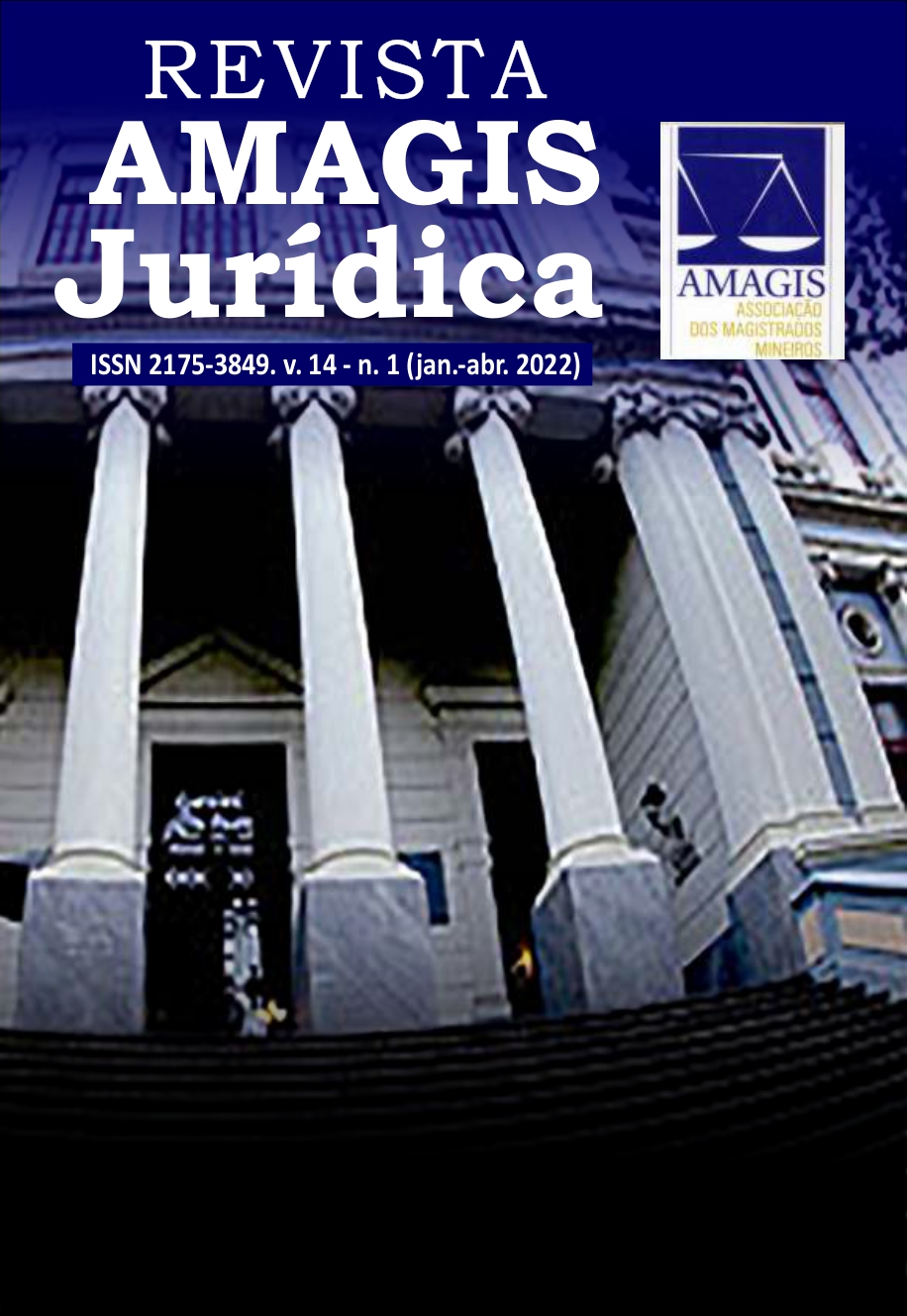Restorative Justice, Criminal Junstice and the Community
fostering a collaborative approach to addressing conflict and crime
Resumo
Over the past few decades, a novel approach to crime and conflict resolution has been gaining ground around the world. Known as ‘restorative justice’, it revolves around the notions that crime is primarily a violation human relationships; that the chief aim of the justice process should be to reconcile those most directly affected by the offending behaviour while addressing the injuries they suffered; and that the resolution of crime-related conflicts demands a positive effort on the part of victims and offenders and the assumption of responsibility by the community. Restorative justice is both a way of thinking about crime and a process for responding to the problems that crime poses for contemporary societies. The essence of restorative justice is not the adoption of a particular form of process rather than another; it is the adoption of any form of process embodying restorative values and aiming to achieve restorative goals and outcomes. This paper outlines the broad philosophy of restorative justice, comments on the differences between restorative justice and other prevailing conceptions of justice, and identifies the constitutive elements necessary for a restorative justice practice. The paper then considers contemporary restorative justice practices, presenting information on guiding principles, procedures and goals and identifying some concerns that need to be addressed in the development and implementation of such practices.



